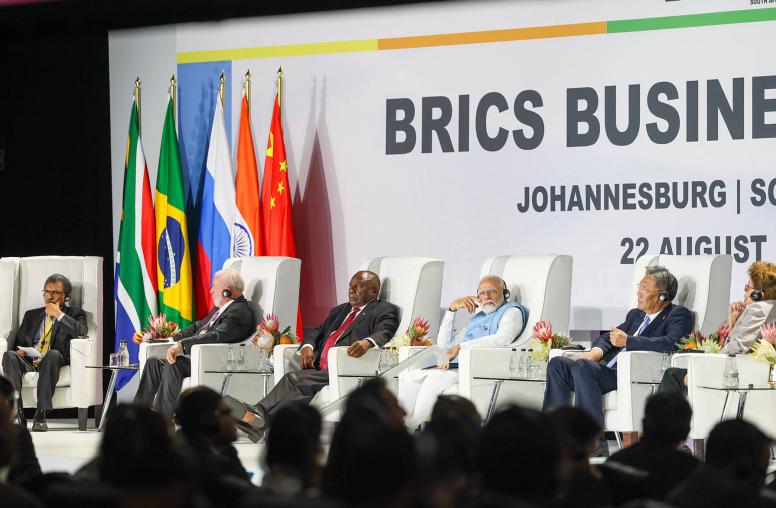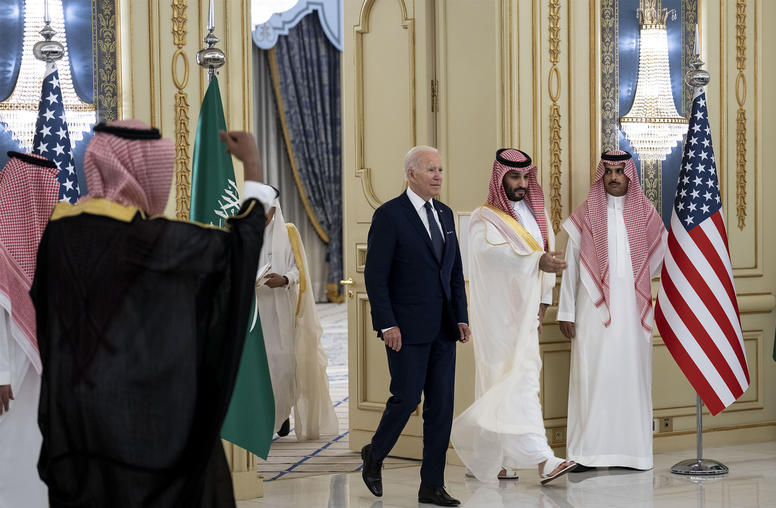Adam Gallagher
Contact
Please submit all media inquiries to interviews@usip.org or call 202.429.3869.
For all other inquiries, please call 202.457.1700
Adam Gallagher is the editor-in-chief at the U.S. Institute of Peace, where he oversees the production of content for USIP.org and sets the organization’s editorial and online strategy.
Adam has nearly two decades of experience as a foreign policy editor, writer and analyst. His writing and analysis on foreign policy and international relations have appeared in the Washington Post, Newsweek, the National Interest, World Politics Review, the American Prospect, the Diplomat, Voice of America, the Hill, Real Clear World, Small Wars Journal, International Policy Digest, Asia Times, the International Business Times and for the Carnegie Endowment for International Peace, the Woodrow Wilson International Center for Scholars, and the Urban History Association, among other outlets.
Adam has worked as an editor for the Carnegie Endowment for International Peace’s Middle East program and the International Foundation for Electoral Systems, as well as an analyst and writer at a defense consultancy monitoring local and international media reporting on Afghanistan. He has been an accredited election observer in Tunisia (2014), Myanmar (2015), and Liberia (2017) and was a recipient of the U.S. Department of State’s Critical Language Scholarship, studying Arabic at the University of Jordan in Amman, Jordan.
Adam holds a bachelor’s degree with honors in political science and philosophy from Ohio Northern University and a master’s degree in international relations from George Mason University.




